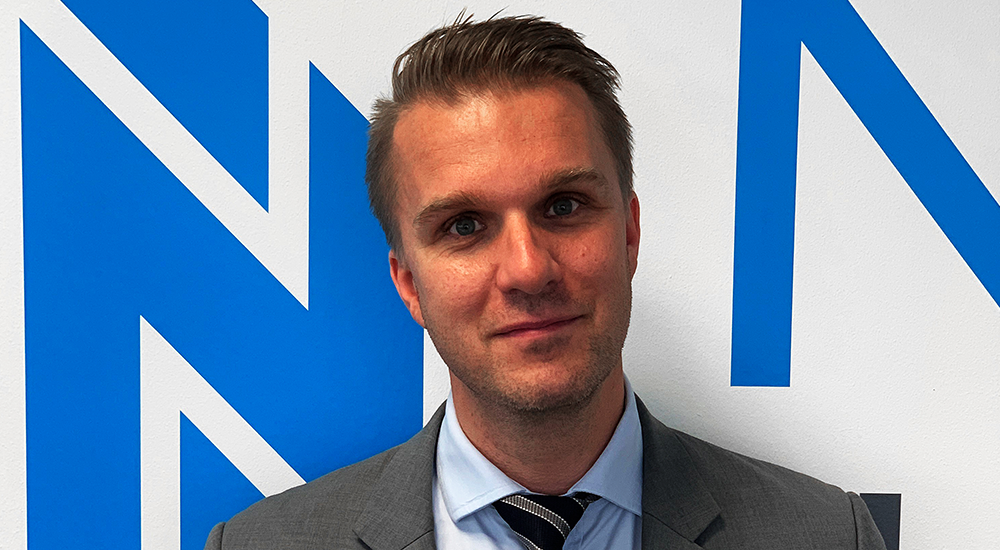Gaining network and security visibility into operational critical infrastructure

While the exact definition varies, digital business transformation involves integrating digital technology into all areas of business in order to stay competitive and deliver customer value. For organisations with industrial networks like oil and gas, electric utilities and manufacturers, digitalisation is characterised by increasing connectivity and data sharing between disparate systems.
It also involves data flows between local applications and cloud-based applications, in support of sophisticated analytics. Increasing IoT is part of the picture as organisations connect smart devices and share data, they produce to improve existing business models and enable new ones. Benefits include reduced costs, improved productivity, energy savings and faster response to customer demand.
Nozomi Networks is accelerating the pace of digital transformation by pioneering innovation for industrial cyber security and operational control. The vendor makes it possible to tackle escalating cyber risks to operational networks while modernising business to succeed in the future.
In a single solution, Nozomi Networks delivers operational technology visibility, threat detection and insight to thousands of the largest critical infrastructure and industrial sites around the world. Now in its sixth technology generation, Nozomi Networks solutions automate the hard work of inventorying, visualising and monitoring industrial control networks through the innovative use of artificial intelligence.
The use cases for Nozomi stretch beyond cyber security, and include trouble shooting, asset management and predictive maintenance. Also catering to the needs of operators and owner of the industrial process.
While there are clear business benefits and competitive drivers associated with digital transformation, it is also increasing cyber exposure for industrial networks. Cyberattacks are becoming the tool of choice for nation states and cyber criminals, and losses will likely continue to increase.
In response, it is essential that CSOs drive IT and operational technology teams to combine forces. IT personnel generally have better cyber security and cloud expertise, whereas operational technology staff have the know how to keep cyber-physical processes running.
Collaboration between the groups reduces cyber security blind spots and costs. However, as any initiative that involves people and process, making it happen takes strong direction and ongoing leadership commitment. Depending upon an organisation’s convergence maturity level, CSOs should set appropriate goals. This can include things like having one executive responsible for both IT and operational technology, facilitating cross-training, and insisting on as much common technology between the groups as possible.
For industrial organisations digital transformation requires CSOs to rethink their security posture. That includes assessing and updating cyber defenses, improving network visibility and establishing an effective preparedness plan ahead of possible attacks.
Highlights
- It is essential CSOs drive IT and operational technology teams to combine forces.
- IT generally has cyber expertise, whereas operational technology have knowhow to keep physical processes running.
- For industrial organisations digital transformation requires CSOs to rethink their security posture.
- Nozomi Networks is accelerating digital transformation by driving innovation in industrial cyber security and operational control.
- Nozomi Networks makes it possible to tackle escalating cyber risks to operational networks while modernising business.
- Nozomi Networks delivers operational technology visibility and threat detection to thousands of critical infrastructure and industrial sites.
- Nozomi Networks automates the hard work of monitoring industrial control networks through the use of artificial intelligence.
By Marcus Josefsson, Nozomi Networks Director, Middle East, Africa and Russia.





